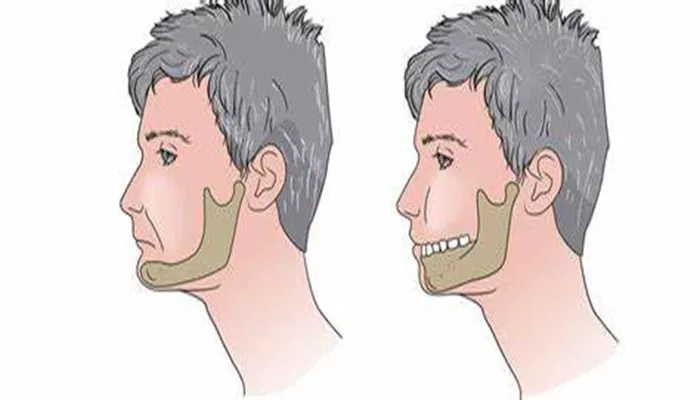Wisdom teeth, also known as third molars, are the last set of molars that typically emerge in late adolescence or early adulthood. While many individuals undergo extraction of these teeth due to various complications, a significant number are born without them altogether. This article explores the probability of being born without wisdom teeth, delving into the genetic, evolutionary, and environmental factors that contribute to this phenomenon.
The Evolutionary Background of Wisdom Teeth
Wisdom teeth were once essential for our ancestors who had a diet consisting of rougher foods that required more chewing.
These molars helped grind down plant fibers and raw meats, which were staples in early human diets. However, as human diets evolved with cooking and food processing, the necessity for these additional teeth diminished.
Consequently, human jaws have become smaller over generations, leading to a decrease in the prevalence of wisdom teeth.
Recent studies suggest that humans are currently experiencing a form of microevolution that affects dental development.
Dr. Teghan Lucas from Flinders University highlighted that shorter faces and smaller jaws result in less room for wisdom teeth to develop. This evolutionary trend indicates that more babies are being born without wisdom teeth than ever before.
The Probability of Missing Wisdom Teeth
The prevalence of congenitally missing wisdom teeth varies significantly across different populations. Research indicates that approximately 5% to 37% of individuals may be born without one or more wisdom teeth. Specifically:
A study published in the Dental Research Journal found a global average of 22.63% for third molar agenesis (the absence of wisdom teeth) across various populations.
In North America, estimates suggest that 10-25% of individuals with European ancestry may lack at least one wisdom tooth, while this figure rises to 40% among Asian Americans.
Interestingly, indigenous populations show even higher rates; for instance, studies indicate that up to 100% of certain indigenous Mexican groups may be missing their third molars.
see also: Which Wisdom Teeth Come in First?
Factors Influencing Wisdom Tooth Development
Several factors influence whether an individual is born with wisdom teeth:
Genetic Factors: Genetics play a crucial role in determining the presence or absence of wisdom teeth. Studies involving twins have shown a higher prevalence of agenesis among identical twins compared to fraternal twins, suggesting a strong hereditary component. Specific genes like PAX9 and THSD7B have been linked to the development of these molars.
Environmental Factors: The changes in diet and lifestyle over centuries have also contributed to the evolution of dental structures. As humans shifted from raw diets to cooked foods, the need for additional grinding power diminished, leading to smaller jaws and fewer wisdom teeth.
Natural Selection: Evolutionary pressures have favored individuals without wisdom teeth as they tend to experience fewer dental complications related to overcrowding and impaction. This selection process has gradually increased the proportion of individuals born without these molars.
Implications for Dental Health
The absence of wisdom teeth is generally considered advantageous from a dental health perspective. Many individuals who do not develop these molars avoid common complications such as:
Impaction: When there is insufficient space for wisdom teeth to emerge properly, they can become impacted, leading to pain and infection.
Crowding: Wisdom teeth can push against adjacent teeth if there is not enough room in the jaw, causing misalignment and crowding.
Surgical Removal: Those without wisdom teeth can bypass the often painful and costly procedure of extraction.
Conclusion
The probability of being born without wisdom teeth is influenced by a complex interplay of genetic and environmental factors shaped by evolutionary processes. As human beings continue to adapt to changing lifestyles and diets, it is likely that the trend toward fewer or absent wisdom teeth will persist.
Understanding this phenomenon not only sheds light on human evolution but also emphasizes the importance of personalized dental care based on individual anatomical variations. As research continues to evolve in this field, it will provide further insights into how our bodies adapt over time and what this means for future generations.
In summary, while many people still possess their wisdom teeth, a significant portion—between 5% and 37%—are born without them due to genetic predispositions and evolutionary changes in human anatomy. This trend highlights an ongoing adaptation within our species as we move further into modernity.
Related topics:

